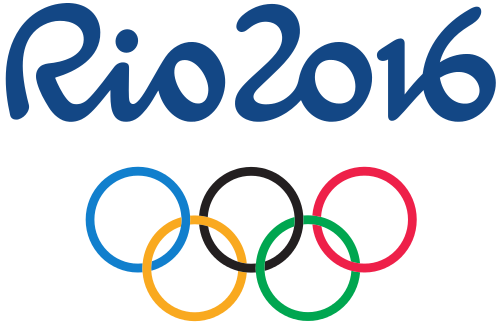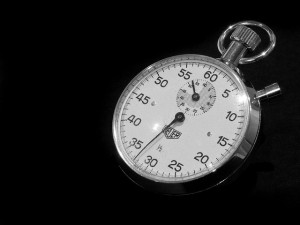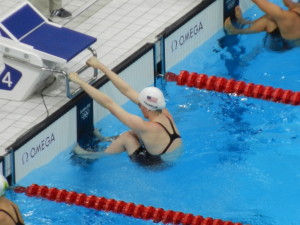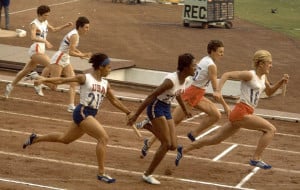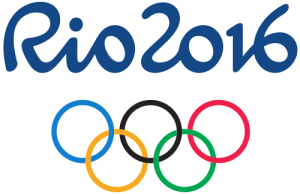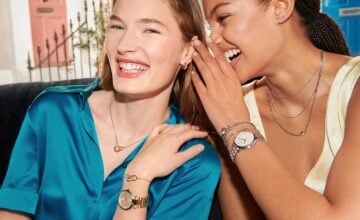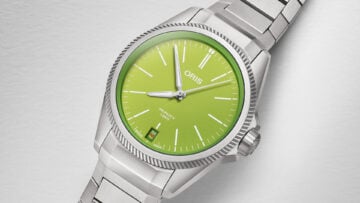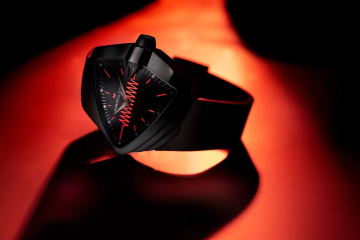When it comes to the Olympic Games there are many different important factors involved in putting the event together. The torch carriers, the officials and – of course – the athletes themselves. But there is also something very important which isn’t often talked about, which is quite obvious when you think about it: Timekeeping at the Olympic Games!
Without timekeepers some of these incredible Olympic records could never have been, well, recorded! With the Olympics in Rio starting in just 2 months, let’s take a look at the history of timekeeping at the Olympic Games.
The Early Olympic Games
The importance of accurate timekeeping was made very clear at the first modern Olympic Games which was held in Athens in 1896. Judges used their own stopwatches to keep time, which caused pretty big problems when it came to determining the accuracy of the results. Not only was there the issue of potential human error, but the different stopwatches all had varying levels of accuracy.
The IOC knew that they needed to call in the experts!
The first company to take on the challenge set by the IOC was Heuer (now TAG Heuer) who created the first stopwatch accurate to one-hundredth of a second. This device was called the Mikrograph Pocket Chronometer and became the stopwatch of choice for timekeepers at the 1920, 1924 and 1928 Olympics.
The OMEGA Timekeeping Revolution
Heuer were the first company to revolutionise timekeeping at the Olympic Games, especially for the sprint competitions. However, the timekeeping company who most will identify with the Olympic Games is fellow Swiss watch manufacturer OMEGA.
The partnership between OMEGA and the Olympic Games started at the 1932 Olympics which took place in Los Angeles. OMEGA sent 30 Olympic Calibre 1130 stopwatches and one watchmaker to the event. This device revolutionised timekeeping at the Olympic Games with records from all events being accurate to 1/10th of a second. This was important as the Olympic record for the 100 meters was set by Eddie Tolan at 10.3 seconds.
At the 1936 Olympic Games OMEGA sent 185 watches and their name has since been etched into Olympic history. Rio 2016 will be the 27th time that OMEGA has been chosen as the official timekeeper for the Olympic Games – and it’s unlikely that the partnership will come to an end any time soon!
…But Not All Olympic Timekeepers Were Swiss!
While Swiss manufacturers have usually held the honour of official timekeeper, there have been some notable exceptions. Back in 1964 the Olympics were held in Tokyo and Japanese watchmaking giants Seiko were given the nod by Olympic officials. This event was another revolution in timekeeping at the Olympic Games as Seiko produced the world’s first fully electronic automated timing system.
The system used at the 1964 Olympic Games linked the starting pistol with a quartz timer and a photo finish apparatus was used to record finishing times. This technology was not only useful for recording ultra-accurate finishing times at the Olympics, but the technology used in the Seiko Astron was based on it.
The Future of Timekeeping at the Olympic Games
At the 2012 Olympic Games in London OMEGA introduced a Quantum Timer which ensured that the timekeeping was ultra-precise. They also introduced other innovations like lights to indicate the top three places in Swimming events and updated starting blocks for the Running events.
As athletes continue to get faster and faster, the question has been asked as to whether we need to measure records to another decimal point. TAG Heuer have already managed to produce a device which can do this with the Mikrotimer Flying 100 which displays 1/1000th of a second. However, as yet, the IOC says they have no need to record times that precisely – even though it is possible!
OMEGA will still be introducing many new innovations at the Olympic Games including a new false-start detection system and new photo finish system which is adjustable in height so it can be used for the Paralympic Games too. All of these things will help to make up what is bound to be another fantastic Olympic Games. So bring on the start of Rio 2016 on August the 5th so we can all get behind Team GB!!
Images: William Warby, Madchester,

